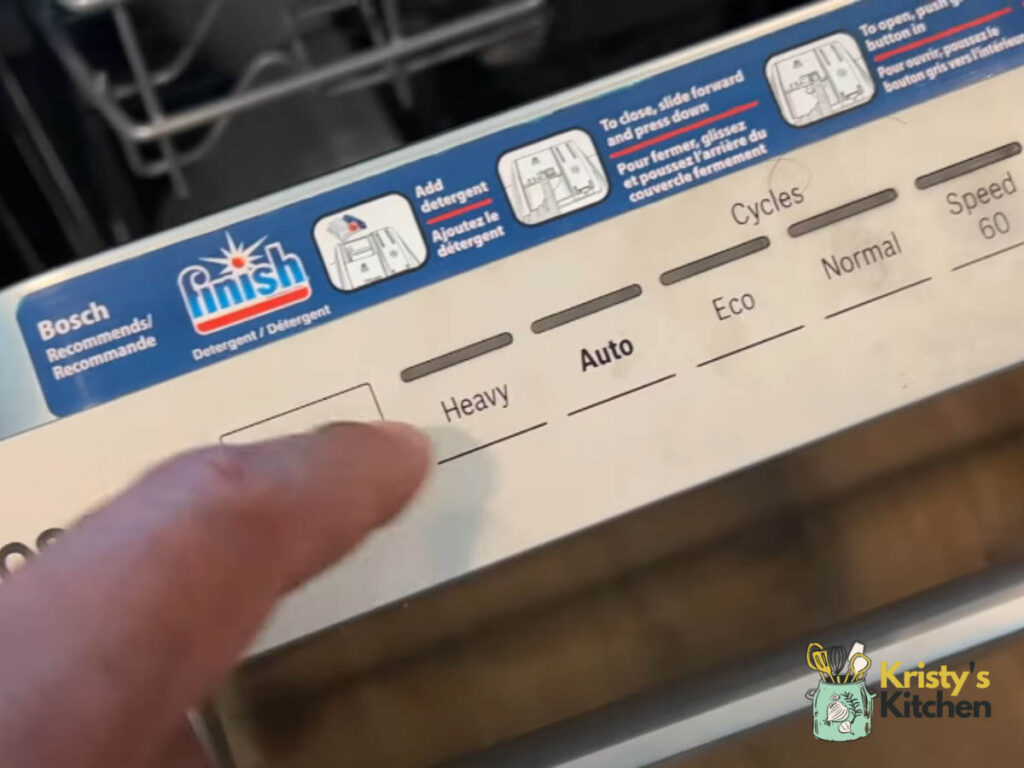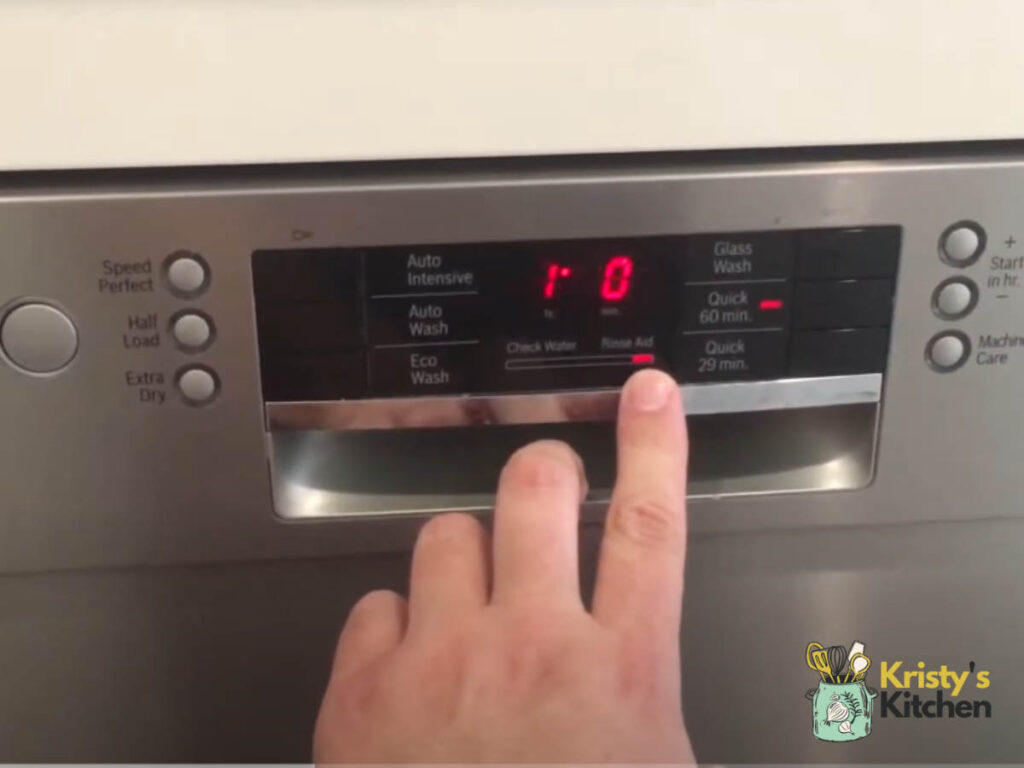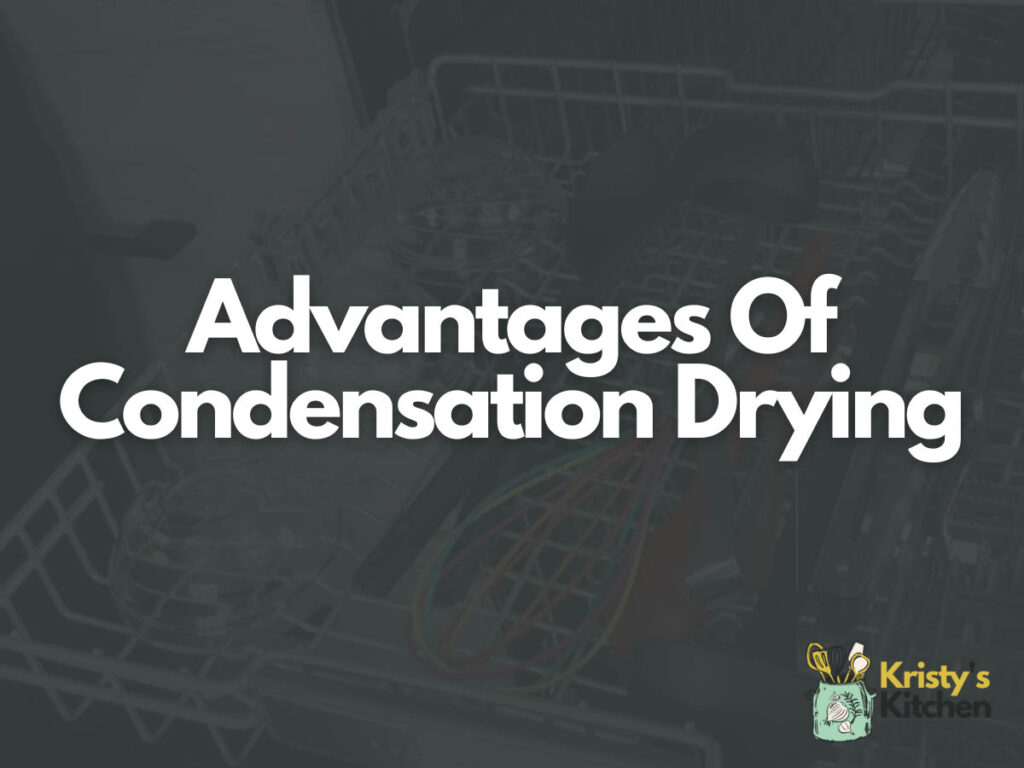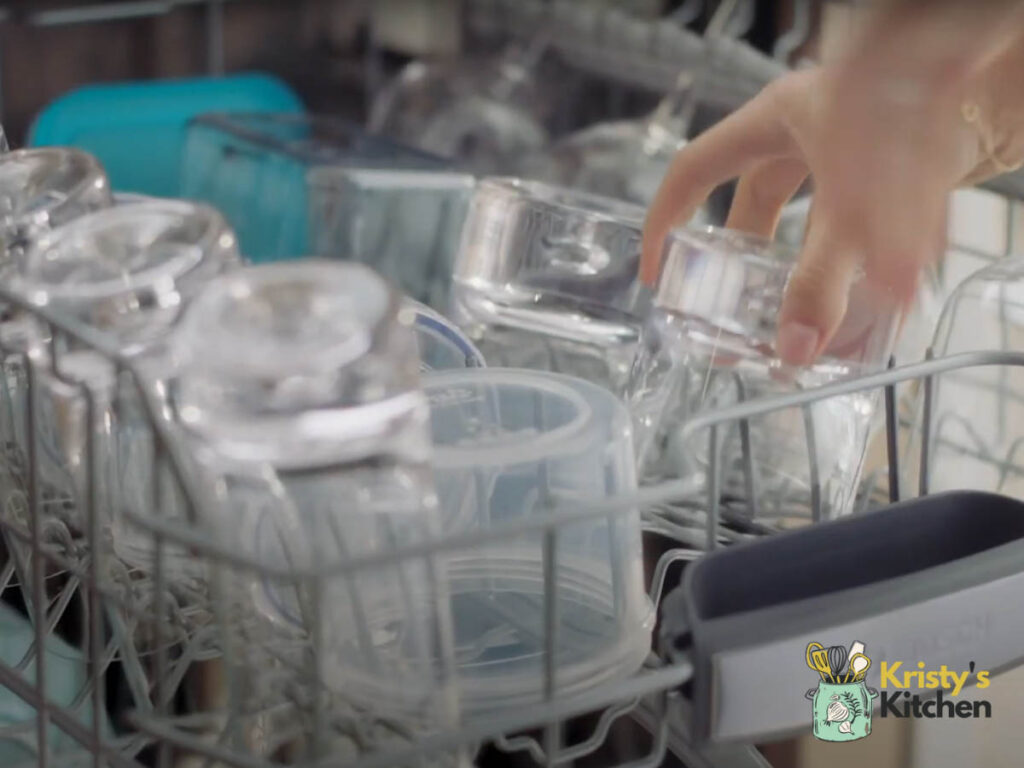How Do Bosch Dishwashers Dry with Perfection? Find Out Now!
You’ll be amazed at how Bosch dishwashers work their magic to dry your dishes! They’ve got a nifty trick up their sleeve
Bosch dishwashers use condensation drying to dry your dishes.
No fuss, just a simple and efficient method that leaves your dishes dry and spotless without wasting energy on excessive heat.
Not sure if this method actually works?
Well, let me give you a breakdown of the whole process – it’s a lot more thorough than its heat drying counterpart!
Do Bosch Dishwashers Have A Drying Cycle

You bet they do! Bosch dishwashers come with a drying cycle to dry your dishes after they’ve been washed.
No worries, it’s automatic, so you don’t have to lift a finger.
Of course, if you prefer to air-dry your dishes, you can skip the drying phase.
Just keep in mind that the results might vary depending on how many dishes you have, the wash cycle, and if you use rinse aid.
How Do Bosch Dishwashers Dry Dishes

Bosch dishwashers have a simple yet ingenious way of getting your dishes dry.
Here’s a full breakdown of a Bosch dishwasher drying process.
- Rinse Aid: Before the drying phase, they add rinse aid during the final rinse. It’s like a friendly helper that reduces water spots and enhances the drying process.
- Final Rinse: They give your dishes a thorough and hot final rinse to clear away any lingering soap or food particles.
- Draining: After that, they swiftly drain out the dirty water.
- Condensation Drying: Now comes the magic moment! The dishwasher’s cool stainless steel walls cause the hot, moist air to turn into water droplets, leaving your dishes dry and spot-free!
Dishwasher Condensation Drying Vs Heat Drying
Let’s have a showdown between condensation drying and the good old heat drying:
| Aspect | Condensation Drying | Heat Drying |
| Energy Consumption | Uses less energy | Uses more energy |
| Drying Method | Cool stainless steel walls | Hot air inside |
| Effectiveness | Works well in most cases | Very effective |
| Drying Time | Takes a bit longer | Faster drying |
| Water Spot Reduction | Reduces water spots | May not reduce spots as well |
| Eco-Friendly | Environmentally friendly | Not very eco-friendly |
Condensation Drying is an energy-saver. It might take a bit more time, but it still gets the job done with flair.
Heat Drying is faster and fantastic for plastic dishes, but it can be a bit of an energy hog.
Advantages Of Condensation Drying

Using condensation drying in Bosch dishwashers come with some real perks:
- Energy Saver: It’s like your dishwasher has a green thumb, saving energy and money.
- Gentle on Dishes: Delicate dishes get the VIP treatment with this special drying process, avoiding any harsh treatment.
- Fewer Water Spots: Say goodbye to those pesky water spots – condensation drying will get rid of them perfectly!
- Quiet Operation: No noisy heating element means a peaceful drying phase.
- Works for Most Dishes: From glass to metal, it dries most kinds of dishes wonderfully. What else could you ask for?
Disadvantages Of Condensation Drying
As with anything, there are a few things to consider:
- Takes More Time: It’s not the Flash – be a little patient for perfectly dry dishes.
- Not Great for Plastics: Some plastic dishes might need a little manual touch in the drying department.
- Depends on Humidity: It performs better when the air isn’t too humid.
Tips For Better Drying On Bosch Dishwashers

Want the best drying game on your Bosch dishwasher with condensation drying? Pay attention to these easy tips:
- Load Dishes Wisely: Don’t cram your dishwasher with too many dishes. Overloading hinders air circulation, making it harder for the dishes to dry.
- Use Rinse Aid: A little bit of rinse aid goes a long way in boosting the drying action and reducing water spots.
- Leave the Door Open: After the cycle, crack the door slightly open to let any remaining moisture make a quick escape.
- Unload Smartly: Start unloading from the bottom rack to avoid any sneaky drips.
- Scrape Off Food Residue: Before loading the dishes, give them a quick scrape to remove any large food particles to help the drying process work more efficiently.
- Run Full Loads: Running the dishwasher with a full load optimizes the heat and moisture for even better condensation drying.
- Use the Extra Dry Option: Use the Bosch dishwasher’s extra dry option for tough drying situations, like plastics or heavily soiled dishes.
FAQs
Do you have to use Jet Dry in Bosch dishwasher?
No, it’s not required, but using Jet Dry or a rinse aid can improve drying performance and reduce water spots.
Where do Bosch dishwashers vent steam?
Bosch dishwashers vent steam through the air gap, located near the sink faucet, or through a vent at the base of the dishwasher door.
How do you turn off the dry cycle on a bosch dishwasher?
Some Bosch dishwasher models allow you to disable the dry cycle by selecting a “No Heat” or “Air Dry” option on the control panel.
Which bosch dishwasher dries the best?
Bosch 800 Series dishwashers are known for their excellent drying performance due to the advanced CrystalDry technology.
Is Bosch Crystal Dry toxic?
No, Bosch CrystalDry is not toxic. It is a non-toxic, mineral-based substance used in some Bosch dishwashers to enhance the drying process.
Final Thoughts
Well, now you know how everything works. I’m sure you’ll be able to wash your dishes even better now, with less work needed from your side!
With my tips, your Bosch dishwasher will dry even better, giving you dishes that are clean, dry, and ready for the table.
